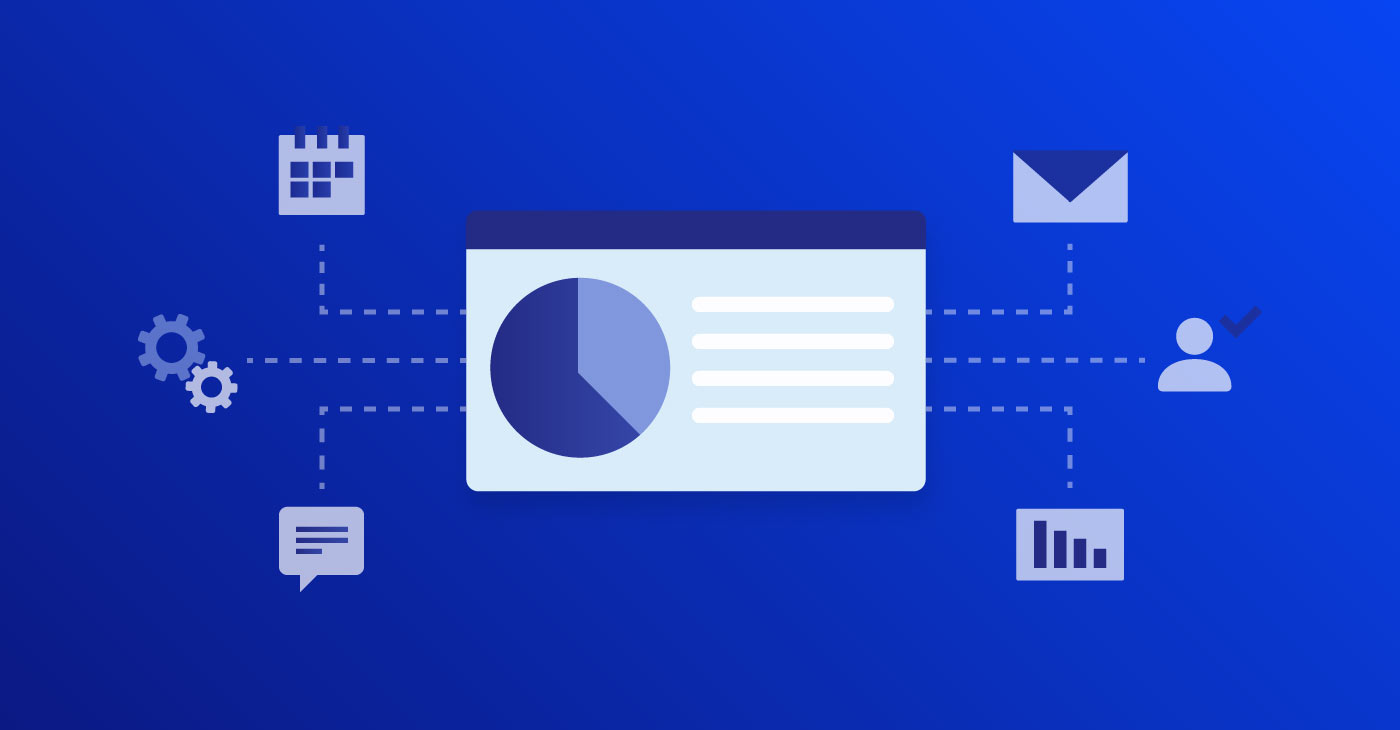Few deals get noticed. But if your company is Facebook and your deal involved a $1 billion acquisition of Instagram, your deal is going to get noticed. In Facebook’s case, the deal backfired, with a lot of negative PR and a marginal 12% approval rating. Here’s what marketers can take away from the disaster.
Branding
The main reason everyone was up in arms about the deal was because of what each company represented. Instagram was a cool hipster app while Facebook appealed to the masses. While Instagram users are enjoying their $1 billion split 6 ways and could probably care less about their brand deflating, Facebook should be worried about the negative brand association they and now their acquisition will suffer. Instagram instantly loses value making it a bad investment – or at least an investment that shouldn’t have been seized so directly – and Facebook bears the wrath of witty one liners that shed light on how many see the networking giant, saying that there’s now going to be a “soul blackening filter” on Instagram pics.
A number of users also deleted their Instagram accounts upon hearing the breaking news. Facebook’s notorious privacy infringements were cause for concern. This should be a red flag for Facebook, showing them the real sentiment users have about the company’s dwindling respect for privacy (note that increased privacy versus then competitor MySpace was a main selling point that boosted the social networking site into popularity).
Competitors
If you’re keeping a close ear to the ground in competition research and analysis, you should immediately expect a profile boost once one of them takes a nose dive. Help fuel their downward spiral by offering guest posts and articles about why your competitor is heading in the wrong direction, what it means to their customers and how you offer a better alternative to meet their needs. The net is ripe with activity on Instagram alternatives, including Instaport and Pinweel.
You better believe these sites have seen huge spikes in subscribers and traffic recently. The best of the best will ride this wave to the top.
Speaking of competitors, here’s why Facebook’s Instagram buyout was arguably a smart move. Going beyond the sentiment, which as always does fall to the wayside once time has passed, Facebook now has another upper hand against arch nemesis Twitter. Twitter was once the best go to source for sharing instant pics, a stronghold somewhat conceded to Instagram. Well, now Facebook owns Instagram and just squeezed Twitter out of yet another area of social relevance. If Facebook can improve the app, it’ll save face and ensure Twitter’s diminishing social role when it comes to file sharing.
Winning Them Over
You should always strive to win over your audience. You should strive even harder to win over critics, especially if you’re in a service industry. Facebook should pay close attention to the slight social conversation centering on ways to improve Instragram. If there’s one thing Facebook is known for, it’s delivering a quality product. Suggestions for improvement include (1) Keep the clearly successful Instagram team together (a key marketing lesson here); (2) Integrate the app by ridding it of Facebook logins; (3) Keep it mobile-only (maintains exclusivity); and (4) Appeal to the original user base and focus on the delivery.
Conversely, Facebook is also known for too many changes, sometimes too often. Their two-sided brand appeal/repeal is based on innovation – sometimes great and sometimes intrusive. Facebook may have great ideas for improving Instagram, but too much too soon (like shifting into video, panoramas, desktop apps) will certainly cause great backlash.









